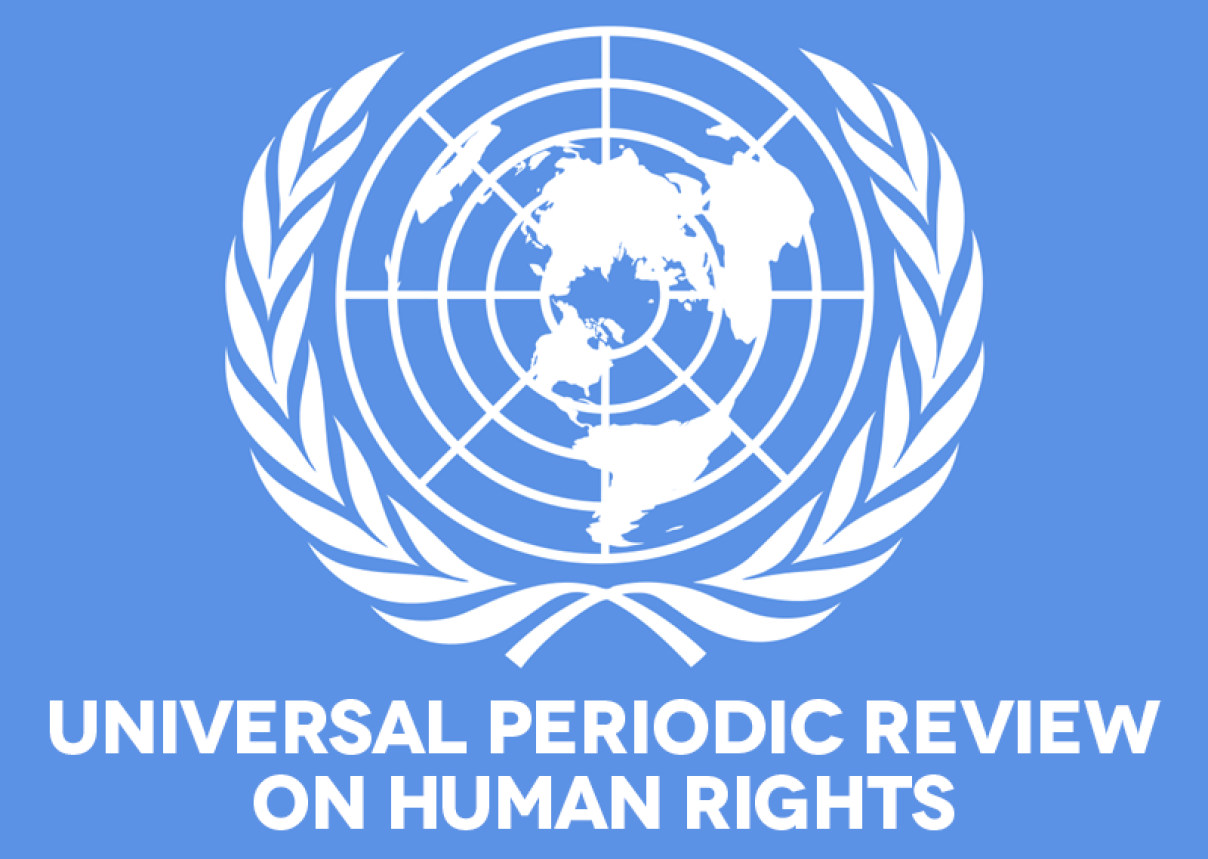
This post is adapted from an article originally published on Rudi International's website.
During its first (2009) and second (2014) Universal Periodic Review (UPR) cycles, 395 recommendations were made to the Democratic Republic of Congo (DRC). The government supported more than 80% of the recommendations made. But none of these recommendations touched on human rights online.
I am in Geneva this week and attended the UPR-info pre-session on the DRC on Tuesday, 2 April. There were six speakers on the stage, but none of them spoke about human rights in the online environment. Some of the issues that were touched on included the fight against gender-based violence, the rights of minority groups including pygmies and the LGBTI community, and the protection of journalists and human rights defenders. Of course, these are very important human rights issues that still require global attention. Indeed, without free and open access to the internet, many of the human rights issues raised by the six speakers become even more imperilled.
At Rudi International, we believe that everyone should be entitled to the full enjoyment of their human rights everywhere, including online. And the situation of human rights online has been terrible in the DRC since the last UPR review nearly five years ago. The DRC has tallied up a good number of internet freedom violations, with communication disruptions (including internet and SMS shutdowns) topping the list. The most recent full shutdown of the internet and SMS in the DRC happened on 31 December 2018, right after the general elections, and lasted 20 days.
During my meeting on Wednesday morning with the Congolese ambassador and head of the DRC Permanent Mission at the UN in Geneva, Zenon Mkongo Ngay, I had the opportunity to mention many of these issues and encouraged him to champion this cause and use every opportunity he has to encourage the Congolese government to adopt internet freedom-friendly actions. A copy of the DRC Factsheet that we developed, as part of the UPROAR project, was given to him with the four top recommendations, and he promised to consider them as he gets his own report ready for the review that will be held on 7 May this year.
Other violations that Congolese citizens are facing include the surveillance and interception of communications and the censorship of some online media outlets. These violations are preventing them from fully enjoying their digital life. For a country with nearly 15% of its population online, there is much the DRC can do to encourage more people to go online.
Throughout the week, I have had the opportunity to meet with a dozen diplomats from different countries who have made recommendations to the DRC in earlier UPR reviews and they have mentioned their willingness to make more this year.
Many of them said they plan on evaluating how many of their past recommendations have been implemented (after being supported by the DRC government) and/or will make new ones covering new emerging issues. Our ask was that they make sure they include the online aspect when redrafting past recommendations and add new ones that touch on these important digital rights issues.
We are aware that recommending countries are limited in the time they have on the floor at the UPR to make recommendations, and that the DRC has many issues going on that need to be addressed. But we are hopeful that the countries I met with, as well as those I didn’t get to meet here in Geneva, will consider championing and joining our fight for digital rights in the DRC.
We have until the DRC is reviewed in May to evaluate the results of our lobbying in Geneva this week! Stay tuned.